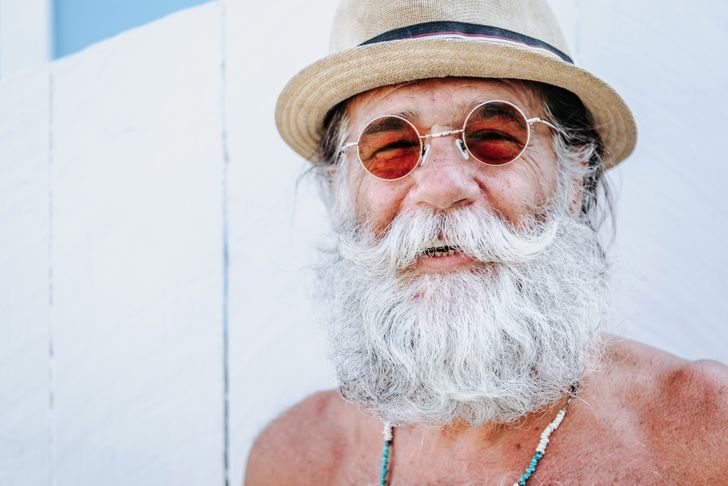Last time, we looked at the details behind each of the words in President Donald Trump’s word ban.
While the CDC has not validated Trump’s ban, it’s still a great threat to the freedom of American thought and progress. Now, we are going to analyze possible consequences of this word ban, according to cognitive scientist and UC San Diego professor Lera Boroditsky.
After Trump announced his word ban, Professor Lera Boroditsky did an interview with Scientific American magazine that pinpointed many problems with Trump’s announcement. First, she explained how our minds can perceive the same situation in different ways, based on the words we choose to use.
The example she gave is as follows: the same hamburger patty can either be described as 80% lean or 20% fat. Even though it’s the same patty, most people will perceive the 80% lean option as healthier than the one that is labeled 20% fat.
While the example Professor Boroditsky gave is mostly clear-cut, this same concept can carry into gray areas.
When someone lies, they can dull the apparent severity of the situation by simply labeling it as “omitting the truth.” Between the two, “omitting the truth” sounds less morally wrong than “lying” or “deceiving.” It’s intricacies like these that can change the way people perceive situations and words.
Trump’s word ban has to do with official legal documents. This means that the words are still allowed in everyday conversation; however, this conversation will never reach the governmental level.
The people who make the rules won’t be able to address certain issues.
Policymakers can’t fix the wrongs of society that have to do with racial discrimination if words like “diversity” and “entitlement” are eliminated.
American tax money will be directed toward funds that have nothing to do with helping minority groups. The words that allow for equality are gone. The crucial conversations -- the conversations with policy-changing power -- won’t happen.
When these important words gradually flow out of our attention spans and conversations, we won’t be able to give as much mind to them. Professor Boroditsky states that ideas that have names or labels are the ones that stay in our consciousness. When we remove the use of these labels, it’s difficult to visualize the subject concretely.
Professor Boroditsky also points out the administrative issue with a word ban as taboo as this one. There is no denying the fact that injustices happen in American society based on racial, ethnic, and socioeconomic discrimination.
If you take out the words that are vital to these issues, you have no way of gathering data on the targeted groups. There will be no official surveys or evidence that address how injustice is seen in America’s diverse groups. There will be no words to support such research.
Lastly, Professor Boroditsky addresses the “fetus” to “child” timeline that I briefly mentioned in the last section. She tells us that words are a label to categorize things in our lives. For example, the word “blue” can describe a whole spectrum of colors to an English speaker; it is a color that is neither green nor yellow, though it can describe anything from navy blue to pale blue.
In some languages, however, there are more concrete distinctions in the labeling of colors. Light blue is called something completely different than dark blue; a spectrum of blues would require more labeling than just the one word of “blue.”
If you showed an English speaker light blues that gradually darkened, he or she would agree that the color is still blue. If you showed the same spectrum to a speaker of another language, however, they might be surprised when the light jumps to the dark.
At some point on the continuum, the label for the subject changes.
How does that relate to Trump’s word ban, you ask? If the word “fetus” was removed from official documents, the so-called jump in perception would no longer exist on the fetus to child spectrum.
Where there was a distinction between fetus and child -- just as there was a concrete line between dark and light blue to certain non-English speakers -- there would only be the word “child.”
Everything from conception to birth would be labeled with a word that hints at something with an already-full life. This would completely diminish the Pro-Choice argument while giving the Pro-Lifers the upper hand.
Again, I feel that it is quite cowardly to take away a group’s right to argue and defend themselves.
Trump’s word ban has been compared to a certain constructed language (or “Conlang”) called Newspeak, which is featured in George Orwell’s 1984.
In this dystopian novel, human speech is limited. Obviously, it shows a more extreme version of banning words. Even so, it results in the limits of human thought. A person cannot even think about something that goes against governmental policy without being arrested.
While we are not at that stage yet, we need to be wary. The implementation of a real-life Newspeak can happen gradually. If this continues, we’ll wake up one day and be afraid of even thinking with certain words.
Words affect the way people think -- there is no arguing against that. Words have the power to change perspective and perception; they also are key to all conversations. We have the responsibility of keeping our language open and free to all who use it.

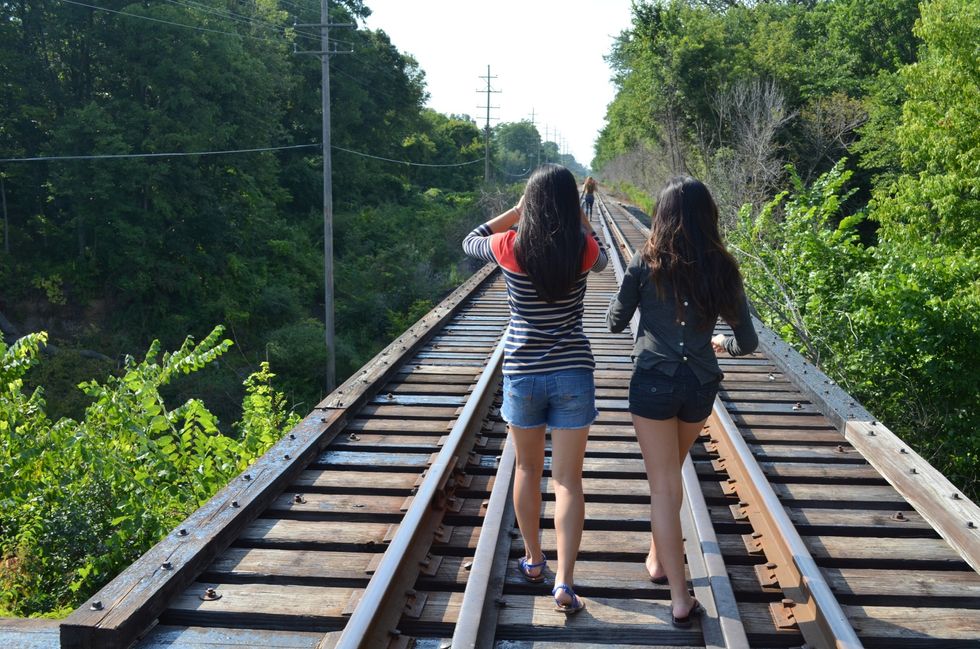

 women sitting on rock near body of waterPhoto by
women sitting on rock near body of waterPhoto by 
 Photo by
Photo by  Photo by
Photo by  Photo by
Photo by  Photo by
Photo by  Photo by
Photo by  Photo by
Photo by  Photo by
Photo by  Photo by
Photo by  Photo by
Photo by  Photo by
Photo by 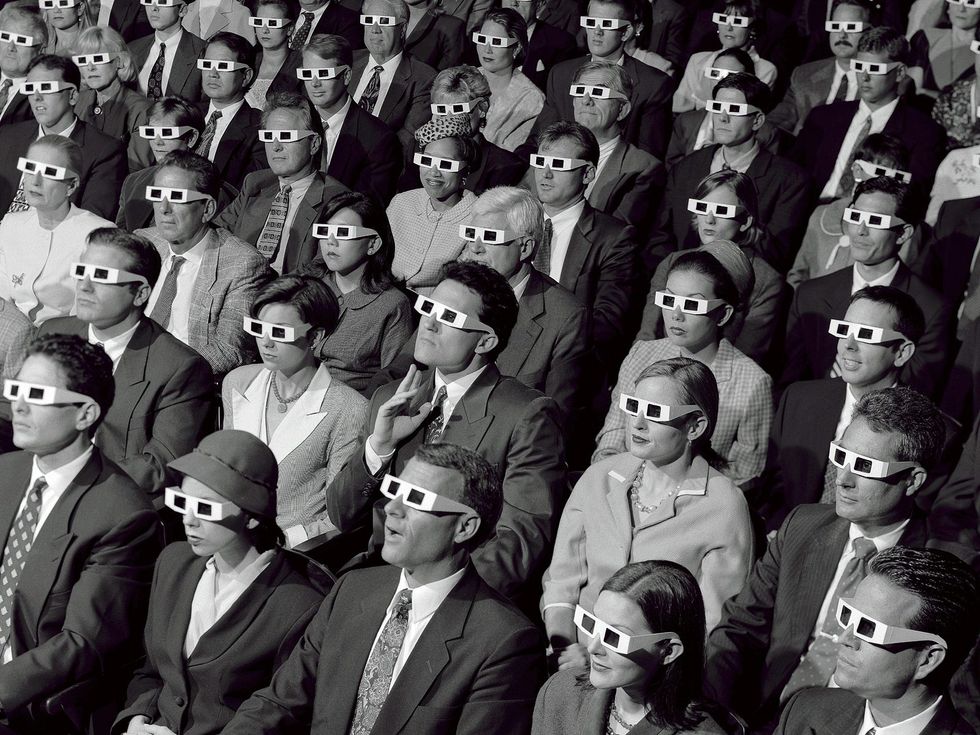
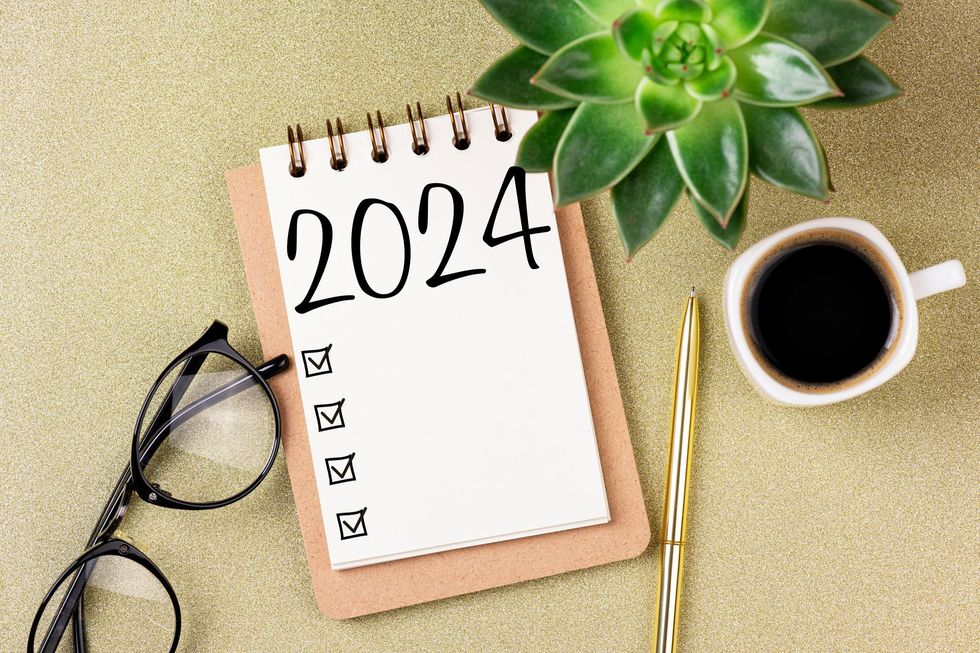

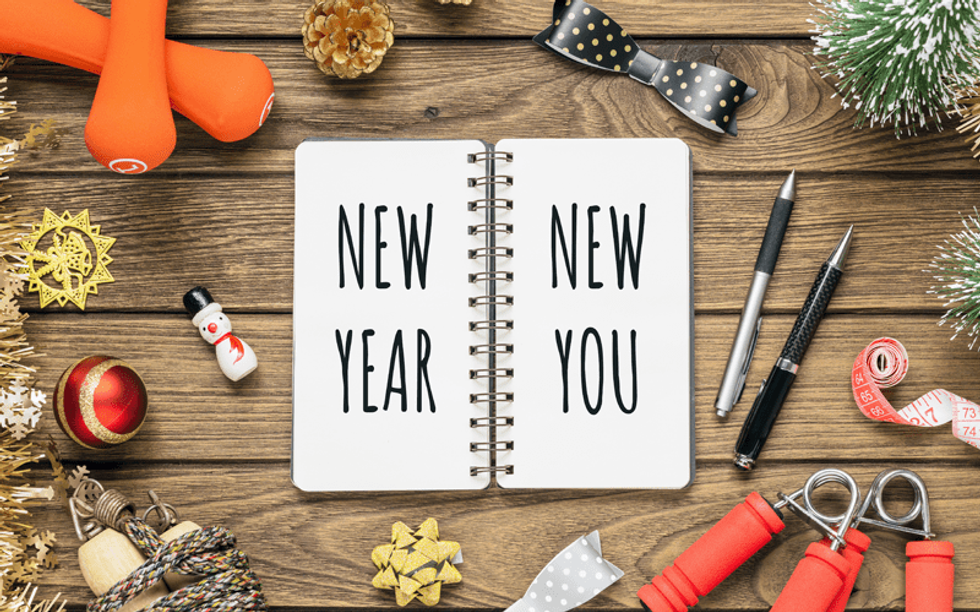

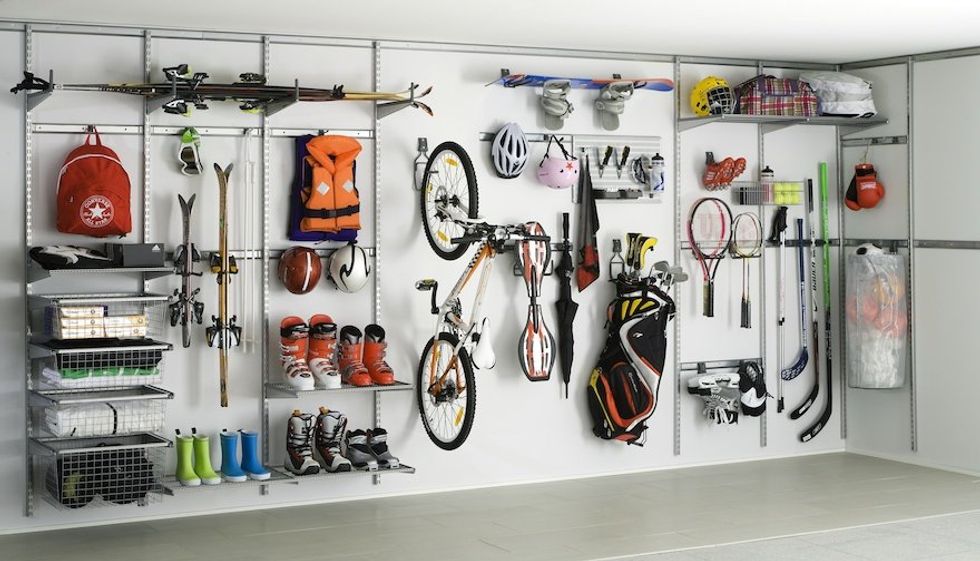
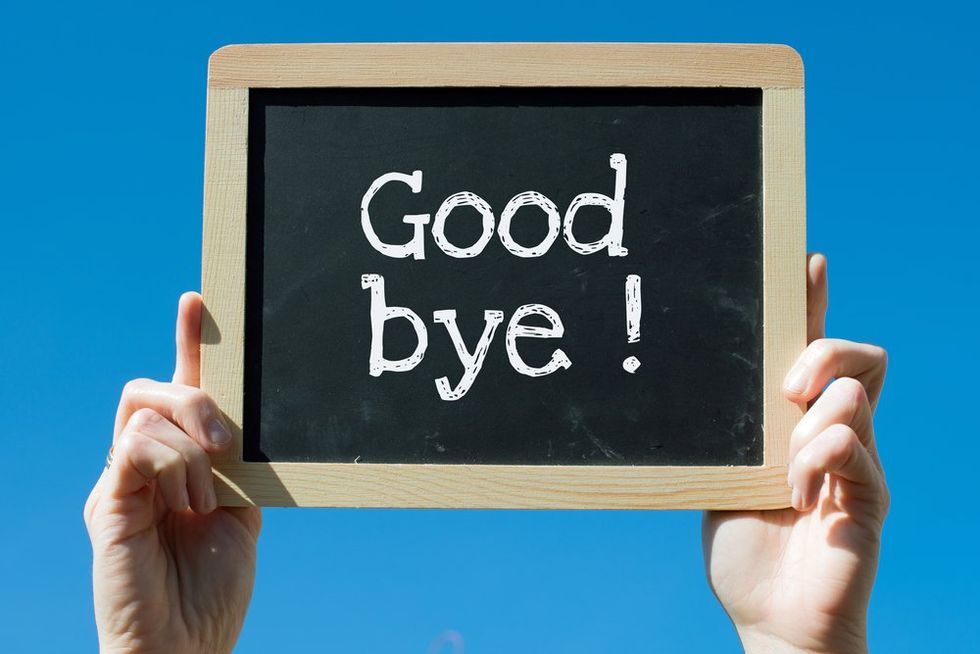



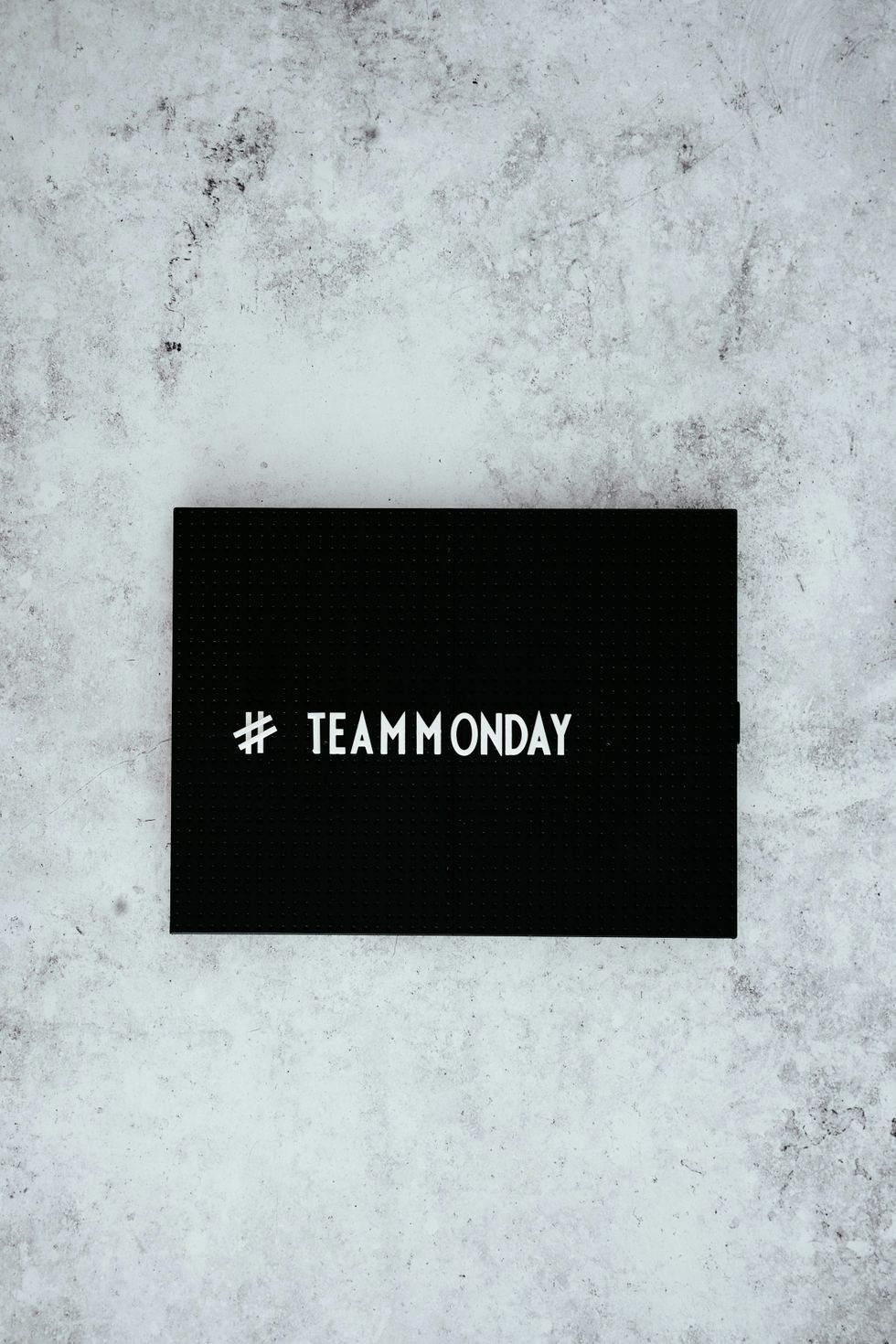 Photo by
Photo by 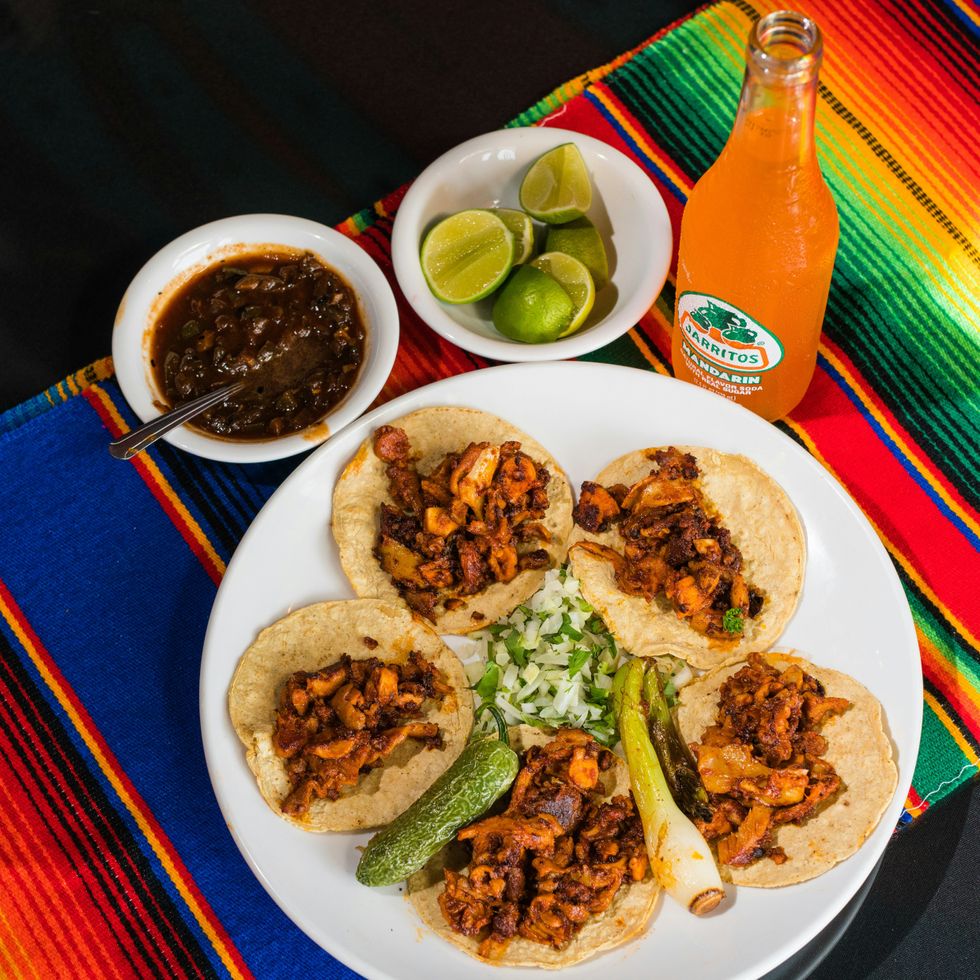 Photo by
Photo by  Photo by
Photo by  Photo by
Photo by 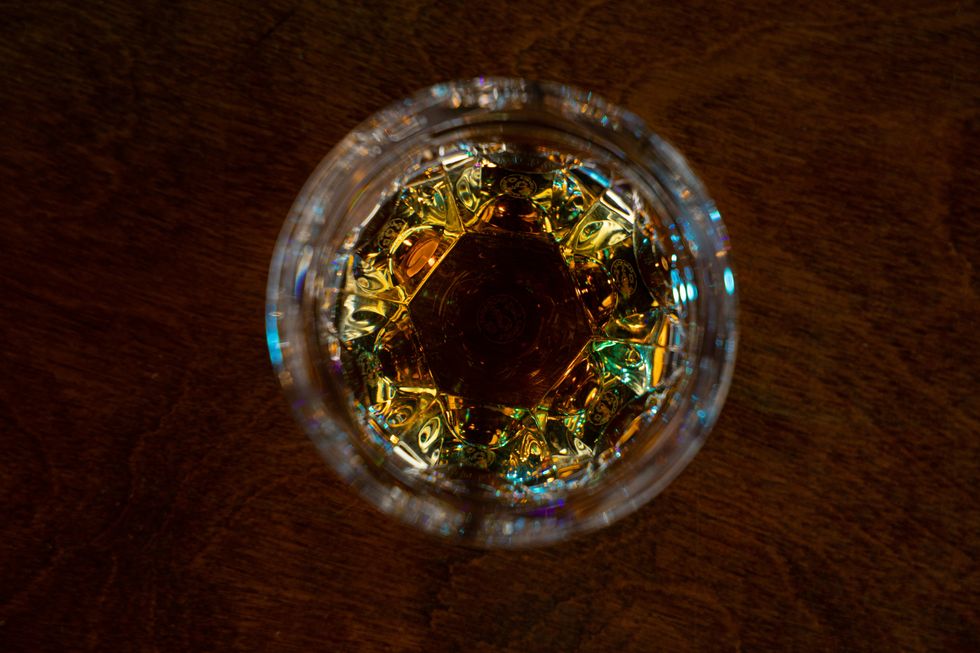 Photo by
Photo by 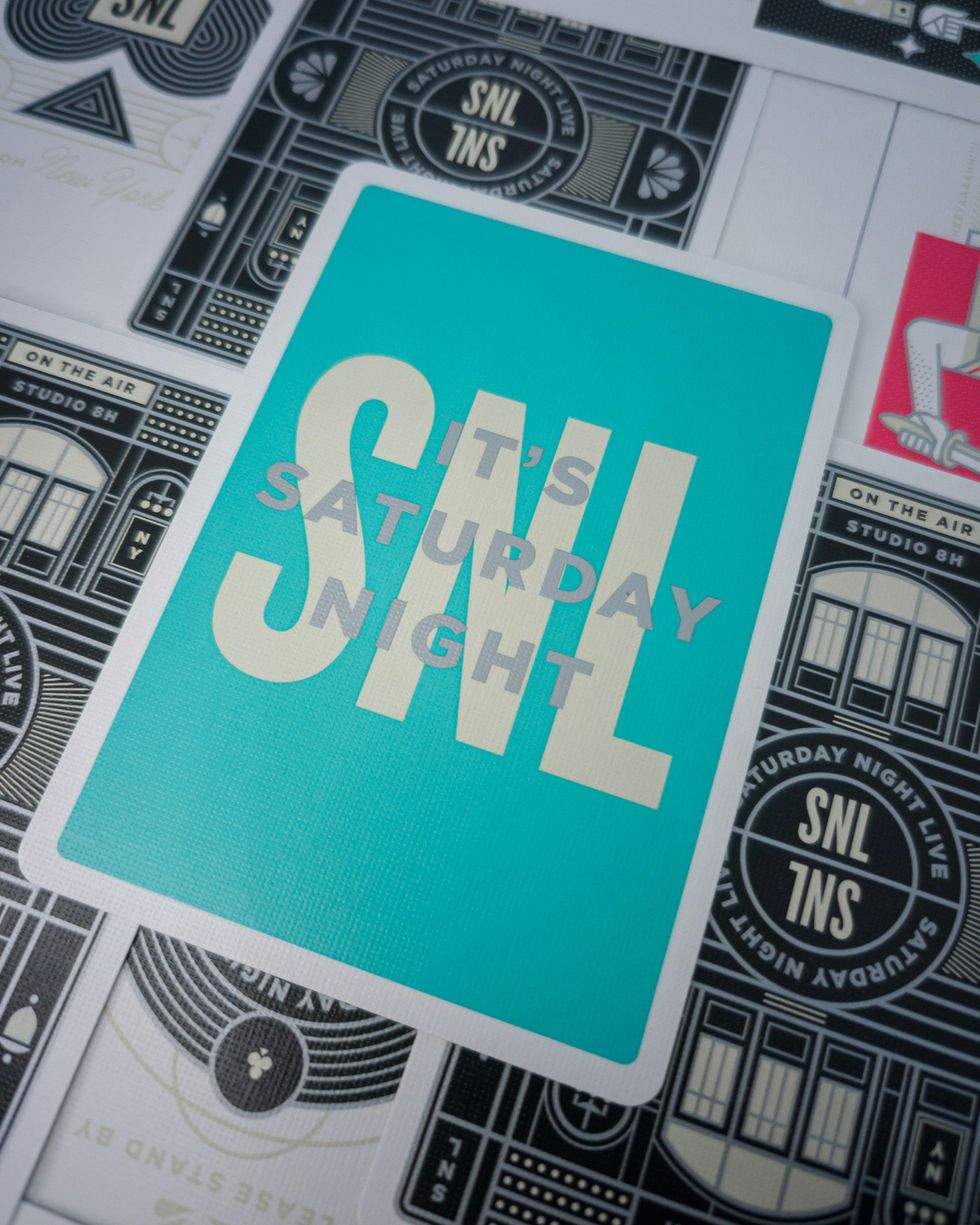 Photo by
Photo by  Photo by
Photo by 




